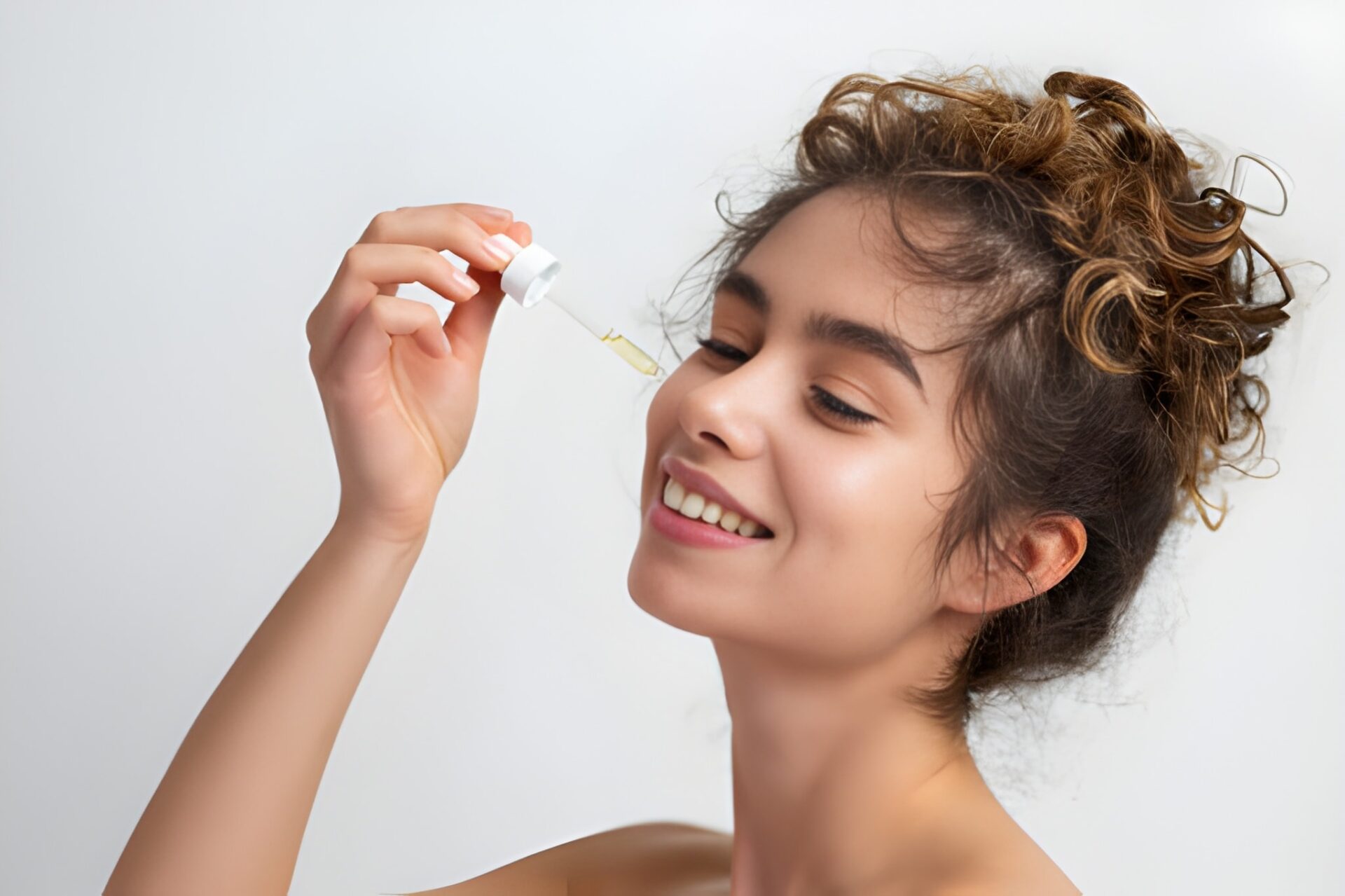Retinol, a derivative of Vitamin A, is one of the most powerful and researched ingredients in skincare. It’s widely recommended by dermatologists for its ability to fight signs of ageing, improve texture, and treat acne. But because it’s potent, knowing how to use it safely is essential.
Benefits of Retinol
- Reduces Fine Lines & Wrinkles – Boosts collagen production, keeping skin firmer and smoother.
- Improves Skin Texture – Speeds up cell turnover, making dull skin look fresher and brighter.
- Fades Pigmentation – Helps lighten dark spots, acne scars, and uneven skin tone.
- Controls Acne – Prevents clogged pores, reduces breakouts, and regulates oil production.
Possible Side Effects
- Dryness, flaking, and redness in the beginning
- Increased sensitivity to sunlight
- Irritation if overused or combined with harsh products
These side effects are usually temporary and can be managed with the right skincare routine.
How to Start Retinol Safely
- Start Low & Slow – Begin with a low concentration just 2 nights a week.
- Moisturise Well – Always pair retinol with a nourishing moisturiser to reduce dryness.
- Night-Time Use Only – Retinol breaks down in sunlight, so apply it at night
- Don’t Forget Sunscreen – Daily SPF is a must, since retinol makes skin more sensitive to UV rays.
- Avoid Mixing With Strong Actives – Don’t combine with vitamin C, AHAs, or BHAs in the same routine unless advised.
When Will You See Results?
Patience is key! Retinol doesn’t give overnight results.
- 4–6 weeks – Smoother skin and fewer breakouts
- 3 months – Noticeable reduction in fine lines and pigmentation
- 6+ months – Long-term anti-ageing benefits and overall skin improvement
Consistency, not speed, delivers results.
Who Should Use Retinol?
Retinol is suitable for most people looking to:
- Reduce early signs of ageing
- Treat acne or oily skin
- Improve uneven tone and texture
However, it may not be ideal if you have very sensitive skin, eczema, or rosacea—unless prescribed in a customised way by your dermatologist.
Takeaway
Retinol can truly transform your skin when used correctly—it’s one of the best ingredients for anti-ageing, acne, and overall skin health. Start gradually, listen to your skin, and consult a dermatologist to find the right formulation for you.

